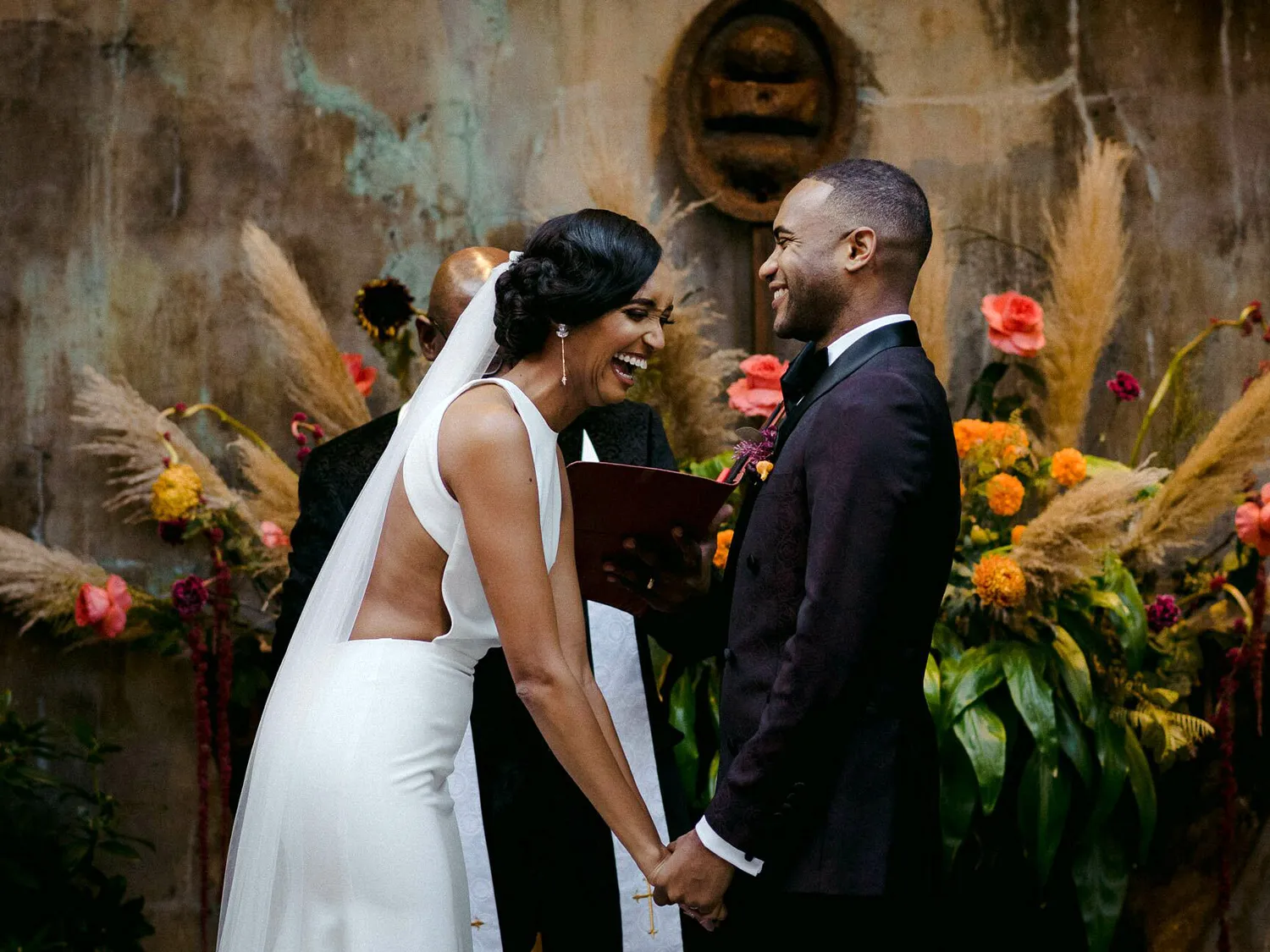Vows on Wedding: Crafting Words That Last a Lifetime
Weddings are one of the most significant milestones in life. Beyond the celebration, the flowers, and the music, the vows on wedding day hold the deepest meaning. They are promises made before family, friends, and loved ones—words that symbolize a lifetime of commitment, trust, and love.
While many traditions provide pre-written vows, modern couples increasingly prefer personal vows. Writing your own can feel both exciting and daunting. How do you capture years of love and hopes for the future in just a few minutes of speaking? This guide will help you understand the importance of vows on wedding, explore their traditions, and give practical tips for writing unforgettable promises.
The Meaning of Vows on Wedding
At its core, a vow is a promise. When spoken at a wedding, vows represent a couple’s dedication to one another. They are more than poetic words; they embody respect, loyalty, and the willingness to face life’s ups and downs together.
Throughout history, vows have varied across cultures and religions. In Christian weddings, vows often include lines like “in sickness and in health,” while Hindu ceremonies incorporate Sanskrit mantras about lifelong union. Whether traditional or modern, vows on wedding day anchor the ceremony with emotional depth.
Traditional vs. Personal Wedding Vows
When preparing vows, couples usually choose between two paths:
Traditional Vows
These are pre-written and guided by religious or cultural customs. They emphasize commitment in clear, time-honored phrases. Traditional vows are perfect for couples who want to honor heritage or keep the ceremony simple.
Personal Vows
Personal vows allow you to speak directly from the heart. You can reflect on your unique journey, your partner’s qualities, and your shared dreams. Personal vows often blend humor, tenderness, and sincerity, making them deeply memorable.
How to Write Heartfelt Vows on Wedding Day
Writing personal vows can feel overwhelming, but breaking it into steps helps:
-
Reflect on Your Relationship
-
Think about your partner’s qualities you admire most.
-
Recall moments that shaped your bond—your first meeting, challenges, or triumphs.
-
-
Set the Tone
-
Do you want your vows to be serious, romantic, playful, or a mix?
-
-
Make Promises That Matter
-
Avoid generic promises. Instead, focus on specific commitments like:
-
“I promise to support your dreams, even when they lead us far from home.”
-
“I promise to always laugh at your jokes, even the bad ones.”
-
-
-
Keep It Concise
-
Aim for one to two minutes when spoken aloud. This keeps your vows heartfelt and engaging.
-
-
Practice, But Don’t Memorize Word-for-Word
-
It’s okay to bring a note card. Speaking naturally ensures sincerity.
-
Examples of Wedding Vows
Romantic Example
“I promise to love you unconditionally, to share in your dreams, and to support you in every challenge we face. You are my best friend, my partner, and my forever love.”
Lighthearted Example
“I vow to always let you have the last slice of pizza, to keep cheering for our team even when they lose, and to love you more each day than the day before.”
Spiritual Example
“With the guidance of faith, I promise to walk beside you in light and in shadow, to honor and cherish you as long as we both shall live.”
Tips for Delivering Your Vows
-
Breathe and Pause: Speak slowly to let emotions sink in.
-
Maintain Eye Contact: Looking at your partner strengthens the moment.
-
Embrace Emotion: Tears and laughter are natural. Let them flow.
-
Don’t Worry About Perfection: Authenticity matters more than flawless delivery.
Why Vows on Wedding Matter Beyond the Ceremony
Vows are not just for the wedding day. They serve as a foundation for the marriage. Many couples revisit their vows during anniversaries, vow renewals, or difficult times as a reminder of their promises.
The beauty of vows is that they evolve in meaning. What you promise on day one may grow richer with every passing year as life adds new chapters to your story.
Frequently Asked Questions About Vows on Wedding
1. Do we both need to write personal vows?
No, it depends on preference. Some couples write personal vows while others choose traditional vows—or a mix of both.
2. How long should wedding vows be?
Typically, 1–2 minutes is ideal. Long enough to be meaningful but short enough to keep guests engaged.
3. Can vows be funny?
Yes. Humor makes vows personal and memorable, as long as it reflects your relationship.
4. Should vows mention the future?
Absolutely. Vows are not just about the present love but also about shared hopes and commitments for the future.
5. What if I cry during my vows?
It’s perfectly normal. Emotional vows are often the most heartfelt and memorable.
Conclusion
The vows on wedding day are the heartbeat of the ceremony. Whether you choose traditional or personal promises, they represent your dedication, love, and commitment. By writing vows that reflect your unique journey, you create a memory that lasts far beyond the wedding itself.
In the end, vows are not about perfect words—they are about promises meant to stand the test of time.
